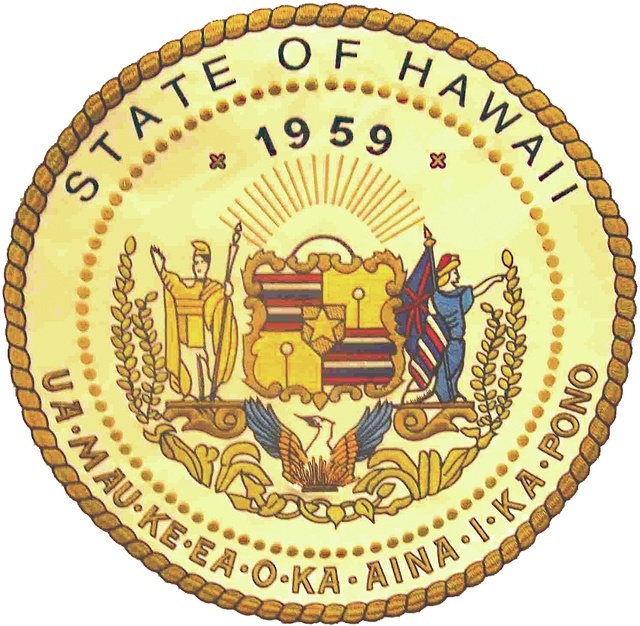HILO —The state Department of Health is implementing new mandates for digging up human remains, but rules covering disinterment of ancient or historic graves regulated by the Department of Land and Natural Resources remain unchanged.
Currently, state law regulates disinterment, but the Department of Health has no administrative rules covering how someone would go about getting a permit to dig up remains. The new procedures include a way to apply for a permit online, said Leatrice Tsubota, a planner in the Department of Health Office of Health Status Monitoring.
“By statute, anytime you disturb a grave you need a disinterment permit,” Tsubota said. “Right now, there are no rules. The rules are to clarify and spell it out.”
The Health Department will hold a public hearing on its rules at 10 a.m. Feb. 9, with videoconferencing on the Big Island available at the state building in Hilo. Proposed rules are available online at https://bit.ly/2CKDKCx.
The department is also accepting written testimony through 11 a.m. Feb. 9 by by mail at 1250 Punchbowl Street, Room 123, Honolulu, HI, 96813; or by email at doh.ohsmadmrules@doh.hawaii.gov.
State Historic Preservation Division archaeology and history and culture branch chiefs met with the Health Department a few months ago to go over the proposed rules, DLNR spokeswoman Deborah Ward said Monday. She said they did not see any effect that the new rules had on areas under DLNR jurisdiction. They also recommended that the Health Department communicate with the relevant deputy attorneys general for their opinion.
Ancient or historic remains or remains over 50 years old are regulated by DLNR, through the State Historic Preservation Division, except where a burial site has previously been identified as Native Hawaiian, authority to determine treatment belongs to the island burial council for that island.
“The department is statutorily exempt from section 338-25.5(b), HRS, with regard to obtaining a permit from the Department of Health prior to exposure, removal, disinterment, reburial or any other act related to human skeletal remains within the department’s jurisdiction,” according to state administrative rules.
Burials that come to the attention of the Hawaii County Cultural Resources Commission are referred to the appropriate agency or council, said Lucas Mead, a planner in the county Planning Department assigned to the Cultural Resources Commission.
“They’ve been very careful about what’s under the jurisdiction of other agencies,” Mead said.




